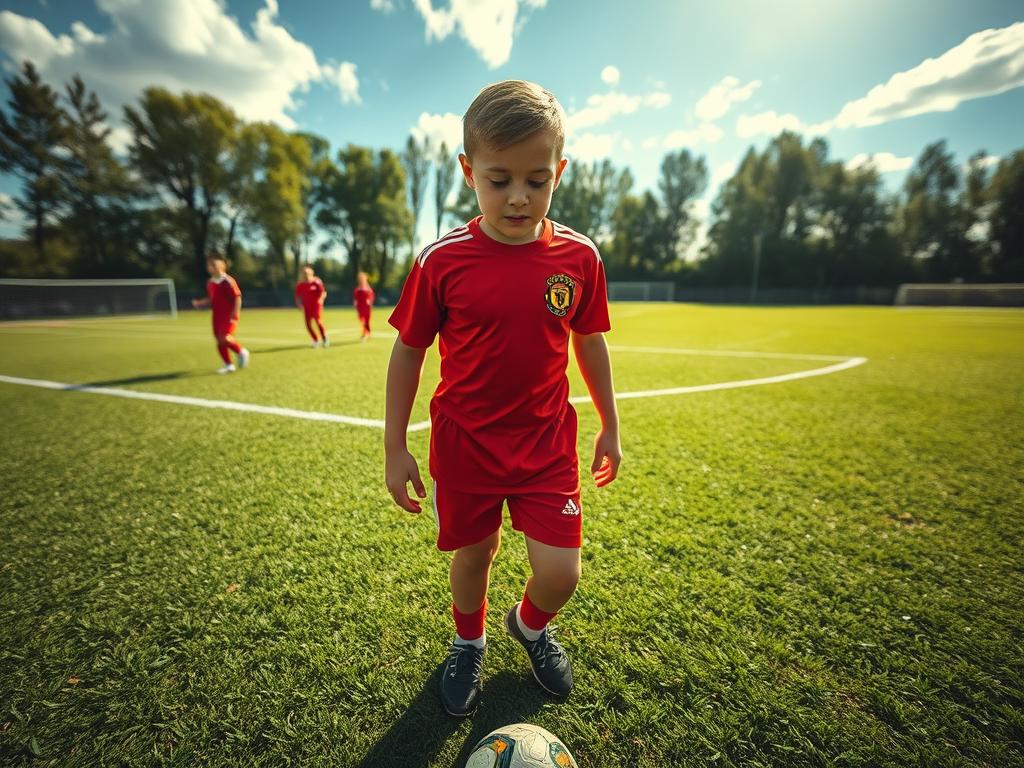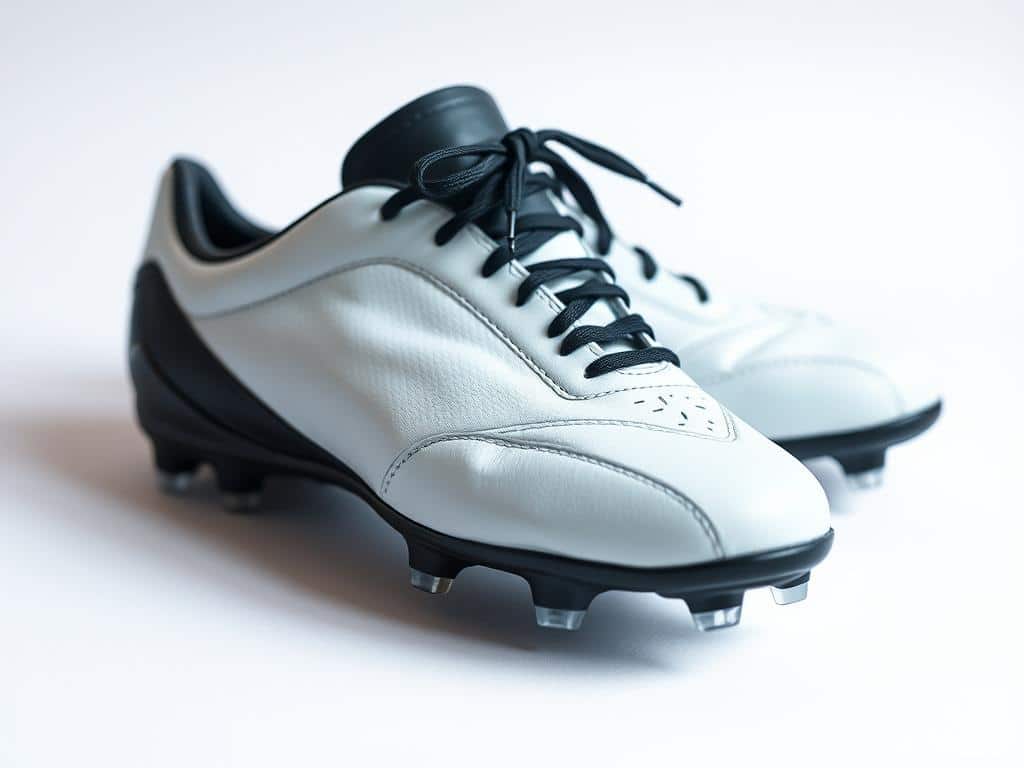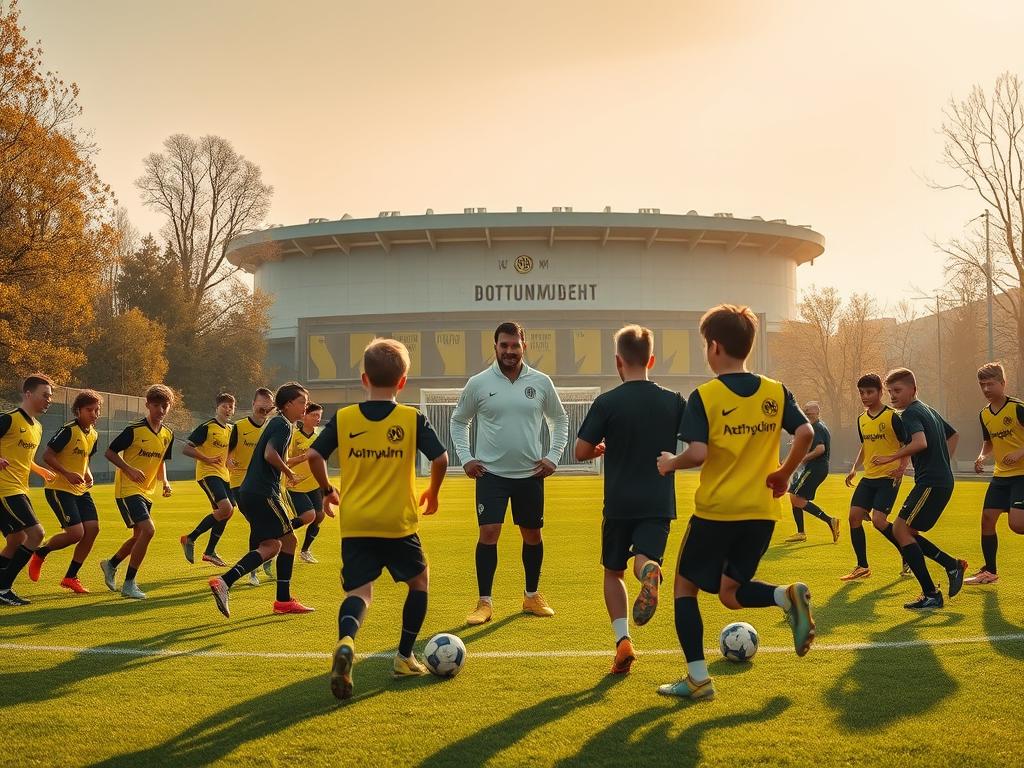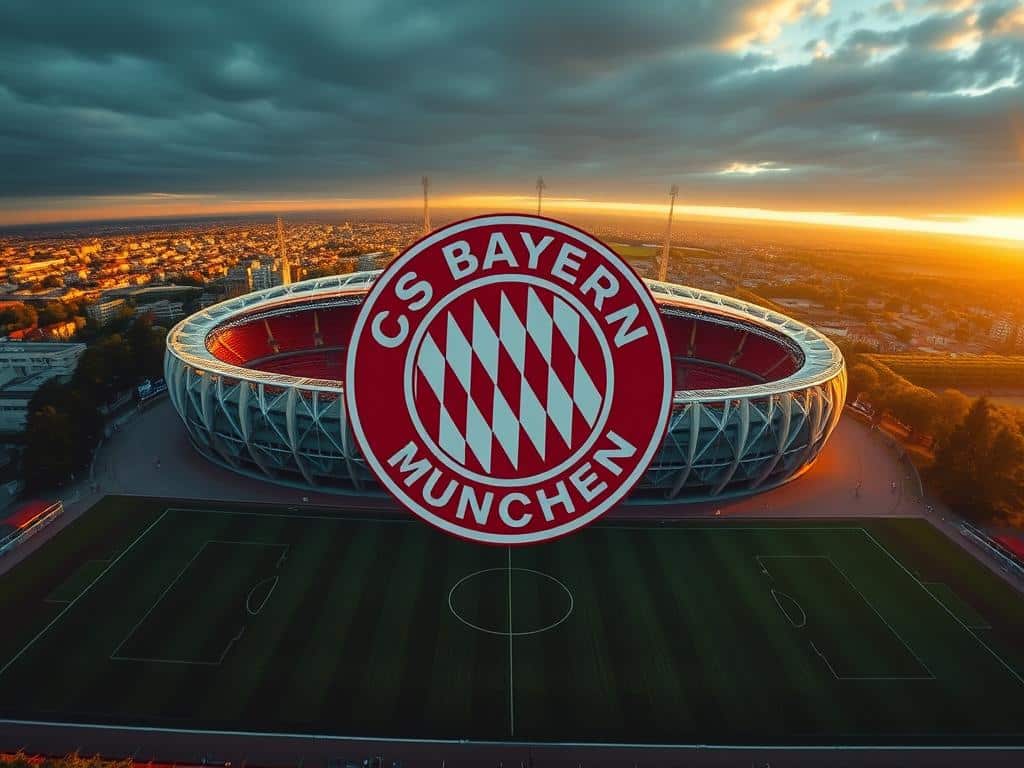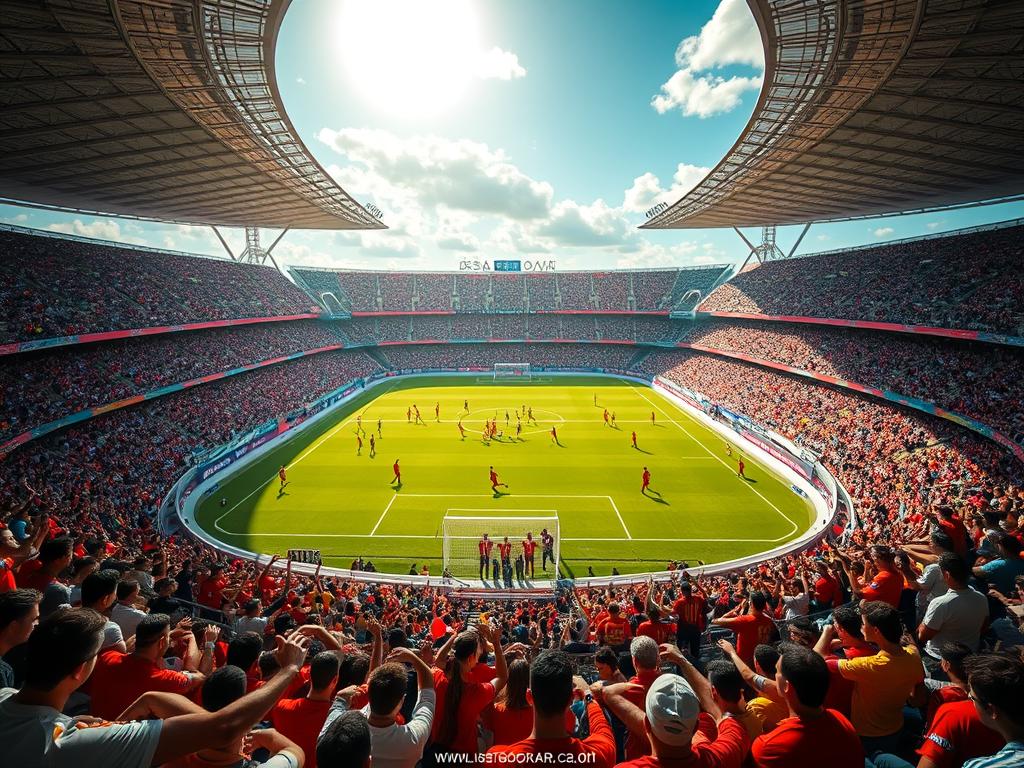Ever wonder why some athletes seem to have endless energy while others struggle to keep up? The answer lies in what they eat. For anyone stepping onto the field, food plays a crucial role in performance. Whether you’re a rookie or a seasoned player, your diet can make or break your game.
In this article, we’ll explore how the right meals and hydration can help you stay sharp, strong, and ready to score. From pre-game meals to recovery snacks, we’ve got you covered. Let’s kick off your journey to becoming a better soccer player!
Understanding the Role of Nutrition in Soccer Performance
What you eat directly impacts how you perform on the field. Your body relies on the right mix of nutrients to fuel energy, build strength, and maintain focus. Without proper fuel, even the most skilled athletes can struggle to keep up.
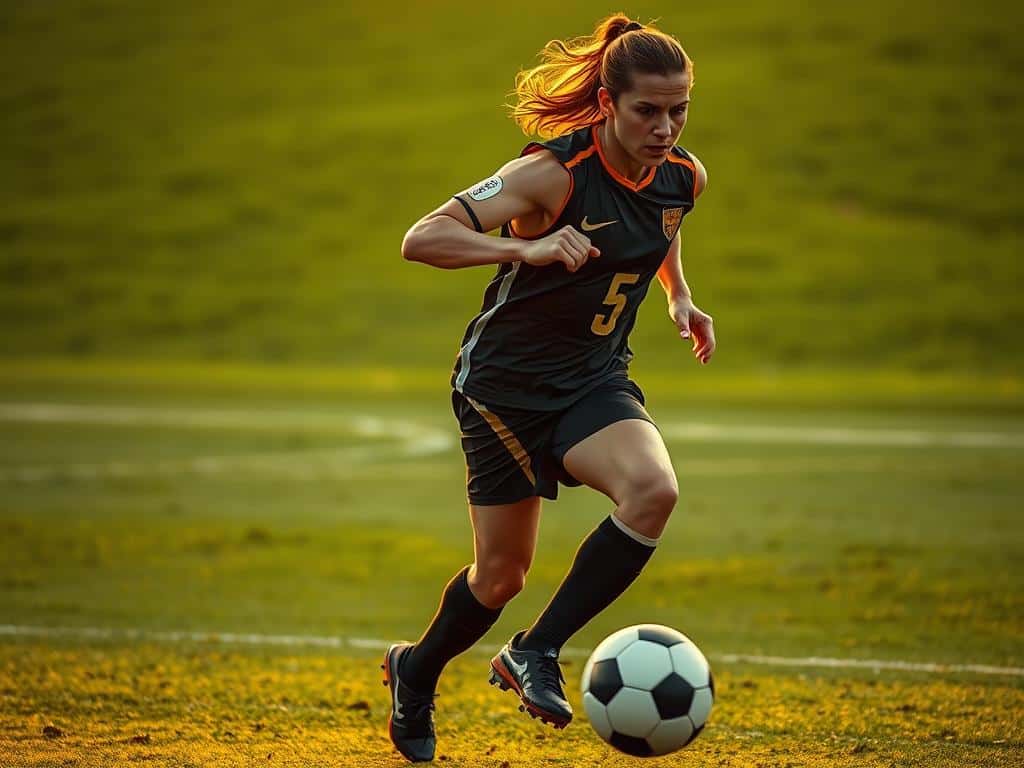
Why Proper Nutrition is Crucial
Every move on the pitch—from sprinting to passing—requires energy. Carbohydrates are your body’s primary source of fuel, helping replenish glycogen stores. Proteins repair muscles, while fats provide long-lasting energy and aid in nutrient absorption.
Experts like Amy Dirks emphasize that a balanced diet is key to improving performance. For example, lean proteins like chicken or fish support muscle recovery, while healthy fats from avocados or nuts keep energy levels steady.
Macronutrients: Carbohydrates, Proteins, and Fats
Carbohydrates are essential for quick energy. Aim for 50-70% of your diet to come from nutrient-dense carbs like whole grains and fruits. These foods break down into glucose, which your body converts into glycogen for immediate use.
Proteins, on the other hand, help repair and build muscle. Soccer players need about 1.3-1.8 grams of protein per kilogram of body weight daily. Sources like eggs, beans, and lean meats are excellent choices.
Fats often get a bad rap, but they’re vital for energy and nutrient absorption. Focus on healthy fats like those found in olive oil or salmon. Avoid fried foods, which can slow you down.
By balancing these macronutrients, you’ll not only boost your performance but also support long-term health. Remember, what you eat today shapes how you play tomorrow.
Pre-Game Fueling Strategies for Soccer Athletes
Your performance on the field starts long before the whistle blows—it begins with what you eat. A well-planned pre-game meal can provide the energy and focus you need to dominate the game. Let’s dive into the best strategies to fuel up and stay sharp.
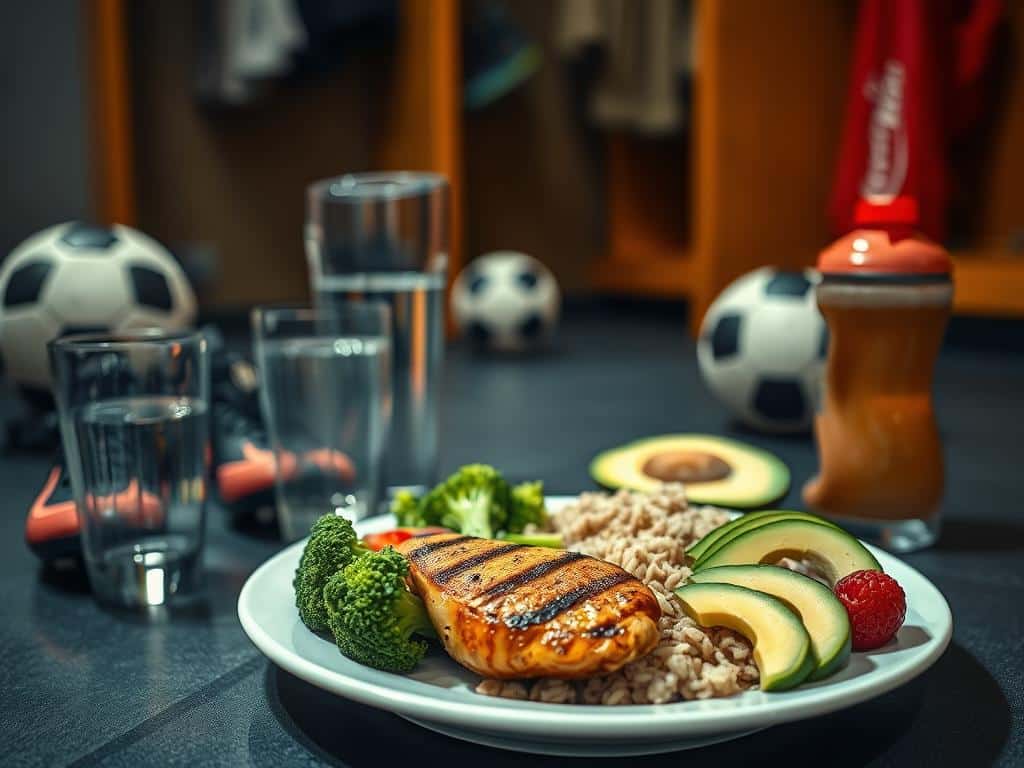
What to Eat Before the Game
Choosing the right foods is key to maintaining energy levels. Focus on meals rich in carbohydrates and lean protein. Grilled chicken with a baked potato or oatmeal topped with fruit are excellent options. These foods break down into glucose, your body’s primary fuel source.
For a quick snack, grab a banana or a handful of nuts. These provide a quick boost without weighing you down. Avoid heavy, greasy foods that can slow digestion and leave you feeling sluggish.
Timing Your Pre-Game Meal
When you eat is just as important as what you eat. Aim to have your main meal 3-4 hours before the game. This gives your body enough time to digest and absorb nutrients. If you’re short on time, a light snack 1-2 hours before kickoff can help top off your energy stores.
Hydration is also crucial. Start drinking water 24-48 hours before the game. During the final hour, sip on a low-sugar sports drink to maintain fluid balance.
Here are some pre-game meal ideas to keep you energized:
- Grilled chicken with quinoa and steamed veggies
- Oatmeal with sliced banana and a drizzle of honey
- Whole-grain toast with avocado and a boiled egg
By planning your meal and fluid intake, you’ll step onto the field ready to give your best performance. Remember, the right fuel can make all the difference!
Nutrition Tips for Beginner Soccer Players
Fueling your body the right way can transform your game on the field. A balanced approach to meals and snacks ensures you stay energized and focused. Let’s break down how to plan your meals and stay hydrated for peak performance.
Balanced Meal Planning and Portion Control
Start your day with a mix of vegetables, lean proteins, and whole grains. A breakfast of scrambled eggs with spinach and whole-grain toast sets the tone. For lunch, pair grilled chicken with quinoa and a side of steamed broccoli. Dinner could include baked salmon, sweet potatoes, and a colorful salad.
Portion control is key. Eating smaller meals every 3-4 hours keeps your energy steady. Include a variety of fruit like apples, berries, or bananas for quick, natural sugars. This approach helps you avoid energy crashes during intense activity.
Hydration Essentials and Pre-Match Snacks
Staying hydrated is just as important as eating well. Drink water throughout the day, and consider a low-sugar sport drink during matches to replenish electrolytes. Avoid sugary sodas and limit caffeine, which can lead to dehydration.
Before a game, grab a light snack like a handful of trail mix or a yogurt with granola. These options are easy to digest and provide a quick energy boost. Even a small bite a few minutes before kickoff can make a difference.
Here are some simple snack ideas to keep you fueled:
- Greek yogurt with honey and sliced fruit
- Whole-grain crackers with almond butter
- A smoothie made with spinach, banana, and almond milk
By focusing on balanced meals and smart hydration, you’ll be ready to tackle every activity on the field. Remember, small changes in your routine can lead to big results!
Post-Game Recovery and Rehydration Techniques
The final whistle doesn’t mean the work is over—your recovery starts now. What you eat and drink after the game plays a huge role in how quickly your body bounces back. Let’s dive into the best ways to repair your muscles and stay hydrated for the next match.
Foods to Optimize Muscle Repair and Recovery
After a game, your body needs the right nutrients to heal and rebuild. Focus on meals that combine protein and carbohydrates. A grilled chicken sandwich with whole-grain bread or a smoothie with nut butter and fruit are excellent choices. These foods help repair muscle tissue and replenish energy stores.
Here are some quick recovery meal ideas:
- Grilled chicken with rice and steamed veggies
- A smoothie made with banana, almond milk, and peanut butter
- Greek yogurt with berries and a drizzle of honey
Eating within 15-20 minutes after the game maximizes recovery. This window is crucial for refueling and repairing your body.
Smart Rehydration Strategies and Electrolyte Replacement
Hydration is just as important as food. After sweating it out on the field, you need to replace lost fluids and electrolytes. Start by drinking water immediately after the game. For intense matches, consider a low-sugar drink with electrolytes to restore balance.
Here’s how to rehydrate effectively:
- Drink 1.5 liters of water for every kilogram of weight lost during the game.
- Include a pinch of salt in your drink to help with electrolyte absorption.
- Avoid sugary sodas, which can slow down hydration.
By focusing on smart hydration and nutrient-rich meals, you’ll recover faster and be ready for your next game. Remember, what you do after the match is just as important as your performance on the field!
Final Words on Fueling Success on the Field
Achieving peak performance on the field isn’t just about training—it’s about fueling your body the right way. Every athlete, whether starting out or seasoned, can elevate their game by focusing on smart meal planning and recovery strategies.
From pre-game meals to post-match snacks, the right amount of carbs, proteins, and fats keeps your energy steady and your body strong. Timing is key—eat well before the game, refuel during breaks, and recover with nutrient-rich foods afterward.
Small changes in your routine can make a big difference. Start by planning meals, monitoring hydration, and choosing whole, unprocessed foods. These steps will help you maintain a high level of performance and stay ready for every match.
Remember, success on the field combines passion, training, and smart choices. Take action today and see how the right fuel transforms your game!

